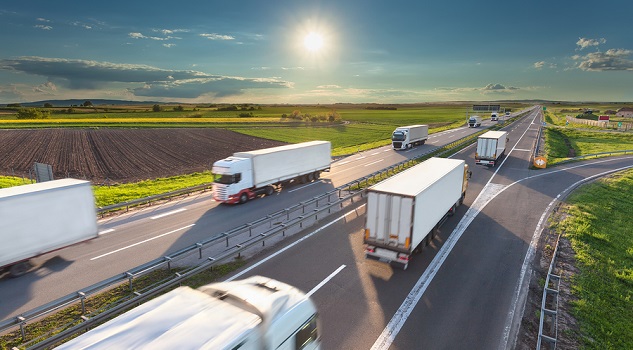When Amazon announced it was launching in Australia there were understandable fears that the technology giant would clobber Australian small businesses and local retailers. Amazon’s share of the US eCommerce market was already 45 per cent and shopping on Amazon had become synonymous with American culture.
With such competitive growth in America, Australians feared Amazon would become as equally as impactful a phenomenon here. However, that was not the case, and despite predictions, Amazon remains relatively unpopular in Australia.
The biggest challenge for Amazon in the Australian market has been nailing down its delivery service, where the geographic population spread has made it difficult to achieve the same fast delivery services that are possible in the US.
However, Amazon is determined to solve this problem and is investing heavily in improving their delivery service, starting with the rollout of a 200,000 square metre robotics distribution centre in Western Sydney.
Amazon is set to offer state-of-the-art delivery services here in Australia and shoppers will soon experience a new level of fast, efficient delivery services. This will change what constitutes a satisfactory online retail experience and small businesses will need to adapt to compete.
So how can small businesses develop their delivery and fulfilment strategy to ensure they’re keeping up with these new industry standards set by Amazon?
Built-in express delivery will grow customer loyalty
Businesses should consider offering express delivery as a standard service to customers. This is a great way to build trust and loyalty. Often shoppers will abandon their shopping carts if delivery prices are too high or delivery times will be too long. Offering express delivery built into your service means shoppers have less reason to abandon carts and more reason to purchase from you.
Small businesses should integrate this service rather than offering express delivery as an option. Retailers in Australia have found a staggeringly low uptake of express delivery when it is offered as an optional service. In fact, data shows that voluntary uptake of Express Delivery is just 12 per cent. So while shoppers are more likely to purchase from you if you have fast, cheap delivery, they’re less likely to want to pay for it as an additional service.
Recruit the robots
Unlike Amazon, small businesses do not have the capital to invest in warehousing, planes, or robots.
Luckily, they don’t need to.
Today, small businesses can partner with warehousing and order fulfilment providers to ensure products can be picked, packaged, and delivered as quickly as possible and with the highest standard of industry technology that competes with Amazon. These providers are constantly investing in the latest technology and robotics, all for the purpose of rapidly accelerating the pick, pack and delivery process, ensuring the gold standard of fulfilment and delivery service. These partners have democratised access to the best technology by making it available to businesses of all sizes at an affordable cost.
Thanks to technology small businesses do not need to do it all alone. In fact, despite global competition, it’s never been so easy to start up and turn your passion project into a business. Owning a business is less daunting as today, small businesses can partner with an affordable tech solution for almost anything – be it, accountancy, delivery, fulfilment, or website design and management.
This makes the fight against Amazon manageable and less daunting, opening up opportunities for Australian-owned businesses to not only compete, but thrive.










